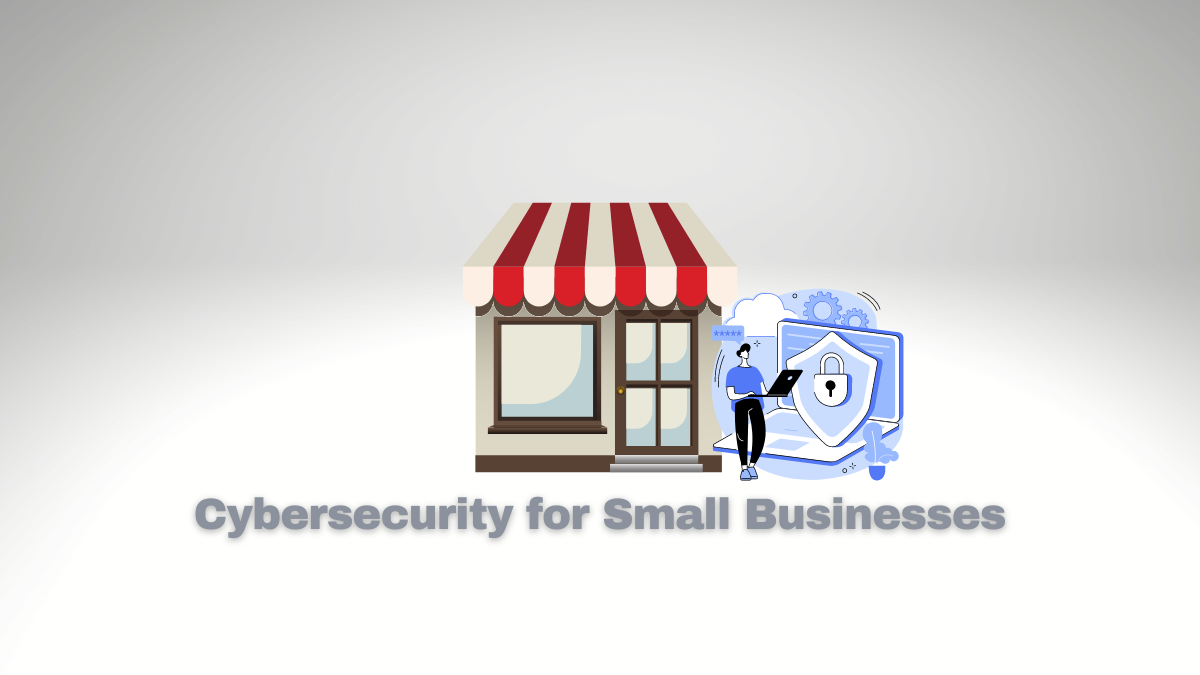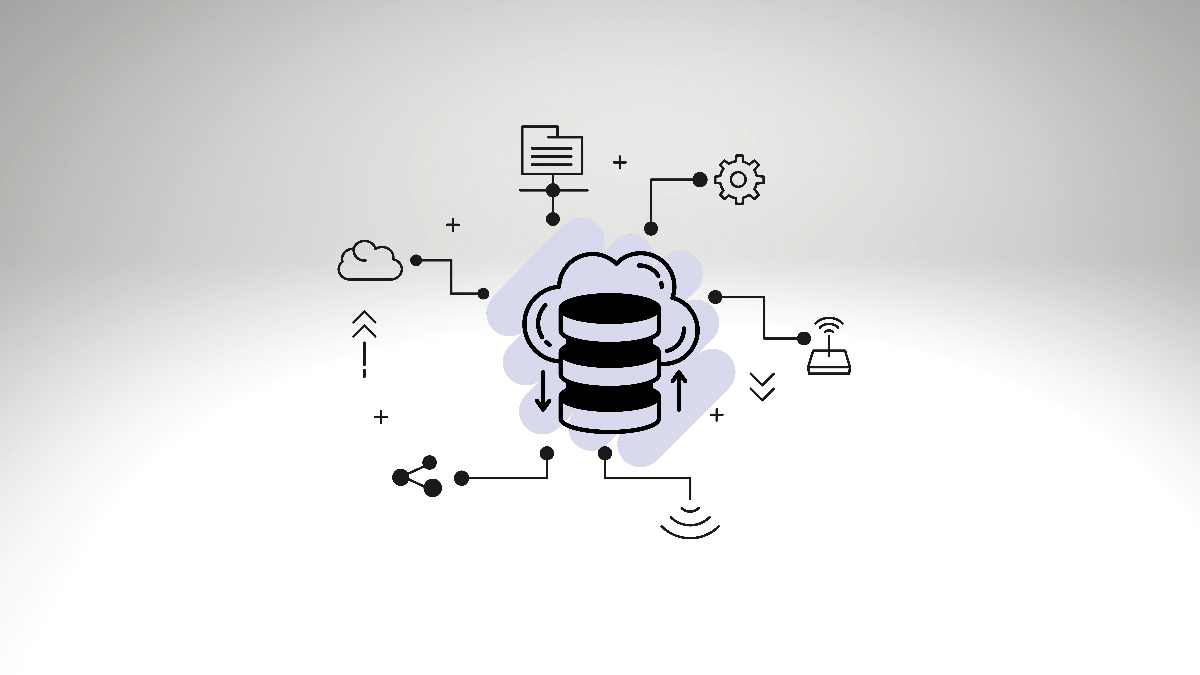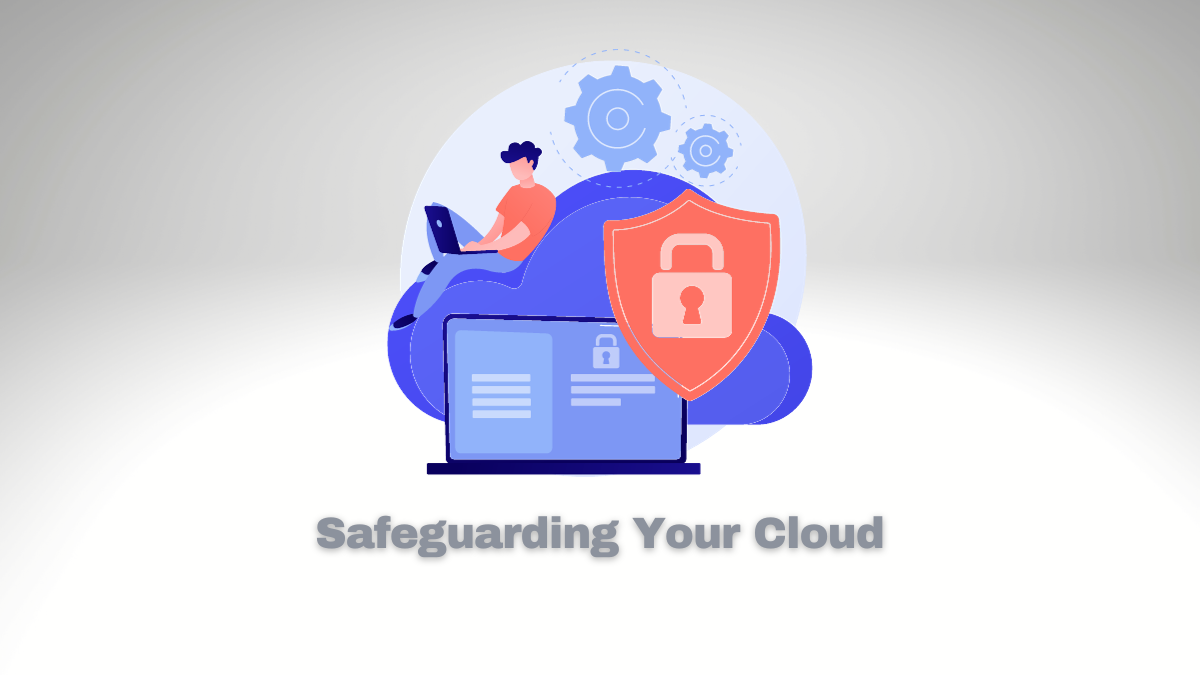The Ultimate Guide to Ensure Cybersecurity for Small Businesses

When you start your business, there are several important things to consider so you don’t run out of resources. One crucial aspect, no matter how big or small your business is, is keeping your data safe. Technology makes things easier, but it also brings a higher risk of data breaches.
Today, it’s really important to protect your business’s sensitive information. If you don’t prioritize data security, you could face serious consequences like losing money, damaging your reputation, and losing the trust of your customers.
But don’t worry! By following effective cybersecurity steps, you can protect your valuable data and stay safe from potential threats. This guide will give you simple tips and strategies to ensure your business’s data security.
Why Cybersecurity is Crucial For Small Businesses?
No matter what size business you have, be it a small size or large enterprise, cybersecurity is crucial. But if we talk about small businesses, it plays a vital role. It protects sensitive data, prevents financial losses, maintains customer trust, ensures regulatory compliance, and promotes employee awareness.
Without robust cybersecurity measures, small businesses are vulnerable to data breaches, reputation damage, and legal consequences. Therefore, it gets even more important to prioritize cybersecurity to ensure safety.
Strategies to Ensure Cybersecurity For Your Business
There are several proven strategies that you can implement to make sure your business remains secure and protected.
1. Create a Strong Password Policy
It is crucial to use a strong password policy as the first line of defense against unauthorized access. You should also motivate employees to use unique, complex passwords. It may include a combination of upper and lowercase letters, numbers, and special characters. Don’t forget to regularly update the passwords and educate staff on the importance of not sharing passwords or using them across multiple accounts.
2. Secure Your Network
Network security can be another big reason for data breaches. Therefore, make sure your network is secure. There are certain steps that can help you ensure data security. It includes:
- Use a firewall to monitor and control incoming and outgoing network traffic.
- Secure your Wi-Fi network with strong encryption, a unique network name (SSID), and a strong password.
- Implement a virtual private network (VPN) for remote access, encrypting data transmitted between devices and your network.
3. Regularly Update Software and Systems
Maintain the most recent security upgrades and updates on all software, operating systems, and applications. Regularly check for updates and, whenever possible, enable automatic updates. Outdated software can have vulnerabilities that can lead to damage.
Hence make sure your IT team is experienced enough to ensure the security of your data. However, to make sure your team is capable of delivering great results, you can also go a step ahead and opt for it staffing services to save time and effort. And doing so will help you use their expertise to protect your business effortlessly.
4. Train Employees on Cybersecurity Awareness
Instruct your employees on the significance of cybersecurity and provide them with ongoing training. You should emphasize topics such as recognizing fraudulent emails, averting dubious downloads, and recognizing social engineering techniques. Allow your employees complete freedom to promptly report any potential security incidents they encounter.
5. Implement Multi-Factor Authentication (MFA)
Prior to gaining access to accounts or systems, multi-factor authentication requires users to present multiple forms of identification. Especially when it comes to critical systems, email accounts, and other sensitive data, make use of MFAs. This helps prevent unauthorized access, even if passwords are compromised.
6. Engage with Cybersecurity Professionals
Consider working with cybersecurity professionals or managed service providers to assess your small business’s security posture, conduct vulnerability assessments, and provide ongoing support and guidance. Their expertise can help you stay ahead of emerging threats and ensure robust cybersecurity practices.
7. Backing Up Data Regularly
Implement a regular backup strategy to ensure critical business data is protected in case of a breach or system failure. Store backups securely offsite or in the cloud and regularly test the restoration process to verify data integrity.
8. Incident Response and Recovery Plan
Develop an incident response plan that outlines the steps to be taken in the event of a security breach. Assign responsibilities, establish communication channels, and define a recovery process to minimize the impact of an incident. Regularly test and update your plan to ensure its effectiveness.
9. Conducting Regular Security Audits
Perform regular security audits to assess the effectiveness of your cybersecurity measures. Identify any weaknesses or gaps in your systems and processes and take proactive steps to address them. A comprehensive audit can help uncover vulnerabilities before they are exploited by malicious actors.
Cyberattacks to Look Out For
There are many threats that can harm your business. You need to create a protective layer from all of them. However, not every attack can be damaging, but still, you need to be aware of them. There are several cyberattacks that individuals and businesses should be aware of and take precautions against.
Here are a few types of cyberattacks to look out for:
1. Phishing
This type of attack involves fraudulent emails, messages, or websites designed to trick users into providing sensitive information or clicking on malicious links. These attacks often impersonate trusted organizations or individuals.
2. Ransomware
It is one such type of malware that encrypts files on a victim’s system and demands a ransom to restore access. Cybercriminals use various methods, such as malicious email attachments or compromised websites, to distribute ransomware.
3. Distributed Denial of Service (DDoS)
These DDoS attacks overwhelm a targeted website or online service by flooding it with a massive volume of traffic. This results in a disruption of service, making the website or service inaccessible to legitimate users.
4. Malware
They refer to malicious software designed to infiltrate systems and perform unauthorized activities. It can include viruses, Trojans, and spyware. Malware can be distributed through infected email attachments, compromised websites, or malicious downloads.
5. Social Engineering
The social engineering attack involves manipulating individuals to gain unauthorized access to sensitive information. This can include tactics like impersonation, pretexting, or baiting to deceive victims into revealing confidential data or performing actions that compromise security.
6. Insider Threats
An insider threat may occur when an individual within an organization abuses their access privileges to steal or compromise data. This can be intentional or unintentional, but it highlights the importance of implementing access controls and monitoring systems.
To protect against these cyberattacks, individuals and businesses should employ strong security practices. They can involve in practices such as using
- Robust passwords
- Keeping software up to date
- Using firewalls
- Use of antivirus software
- Being cautious of suspicious emails or messages
- Regularly backing up data
It’s also essential to stay informed about emerging threats and to educate employees or team members about cybersecurity best practices.
What to Look for in a Cybersecurity Company?
Many small businesses do not inherently prioritize cybersecurity. It is understood that you require assistance with cybersecurity; after all, you are running a business. But how can you determine what to search for in a cybersecurity firm?
Expertise and Experience: Assess the company’s expertise and experience in the field of cybersecurity. Look for a company with a proven track record, certifications, and a team of skilled professionals who specialize in various areas of cybersecurity.
Customized Solutions: Ensure that the company can tailor its cybersecurity solutions to your business’s unique requirements. A one-size-fits-all approach may not adequately address your specific risks and vulnerabilities.
Rapid Incident Response: Evaluate the company’s incident response capabilities. They should have a well-defined and timely response plan in place to minimize the impact of security incidents and swiftly mitigate any breaches or threats.
Scalability and Flexibility: Consider whether the company can accommodate your organization’s growth and adapt to evolving cybersecurity needs. The company should be able to scale its services and solutions as your business expands or faces changing threats.
Make sure you consider these factors to make an informed decision when choosing a cybersecurity company. The only catch is to create the bridge between your specific needs to enhance the overall security of your business.
The Future of Cybersecurity for Small Businesses
Well, the future of cybersecurity for small businesses is expected to be both challenging and promising. As technology evolves, so do cyber threats, and small businesses will face increasingly sophisticated attacks.
This means that adopting advanced cybersecurity measures will be crucial to protect sensitive data and digital assets.
Cloud computing, Internet of Things (IoT) devices, and remote work will become more prevalent, creating new entry points for cybercriminals.
However, advancements in cybersecurity technology, such as artificial intelligence and machine learning, will also offer better defense mechanisms. Automation will help small businesses detect and respond to threats more efficiently.
Additionally, increased awareness about cybersecurity risks will lead to better employee training and a stronger cybersecurity culture.
So, on and all, the future of cybersecurity for small businesses will rely on proactive measures and collaboration with cybersecurity experts. Also, a commitment to staying up-to-date with the latest security practices to mitigate emerging threats.
Happy Business Management!
In Conclusion
Remember that cybersecurity is an investment in the future of your business. The efforts you put into safeguarding your data, protecting your customers, and preserving your reputation will pay off in the long run. Motivate your employees to remain attentive and active, and provide regular training to maintain their current knowledge.




Comments